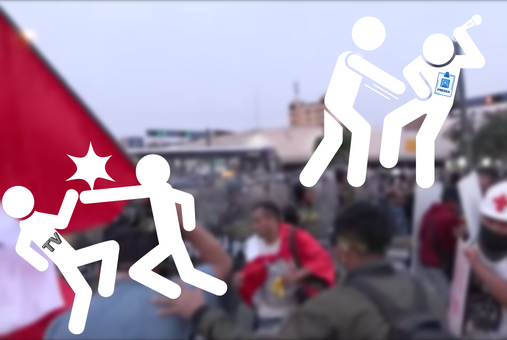
A little more than a month after the departure of President Pedro Castillo, the Peruvian press has experienced more than 70 cases of aggressions including beatings, insults and vandalism of equipment and facilities by demonstrators, as well as threats, obstruction of coverage and even an attack with rubber bullets by police officers.
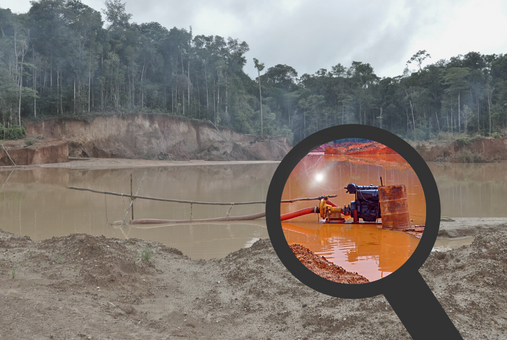
Using satellite imagery and geo-referencing, following the trail of trafficking networks and taking care for the safety of journalist and sources are techniques that journalists Yvette Sierra of Mongabay, Joseph Poliszuk of Armando.Info and freelancer Hyury Potter have applied in their investigations of illegal mining in Latin America.

Peruvian-American journalist Daniel Alarcón will receive the Maria Moors Cabot Award from Columbia University on Oct. 11. Alarcón spoke with LJR about the significance of this award, the success of the podcast Radio Ambulante, advice for younger journalists, and about his personal and family projects.
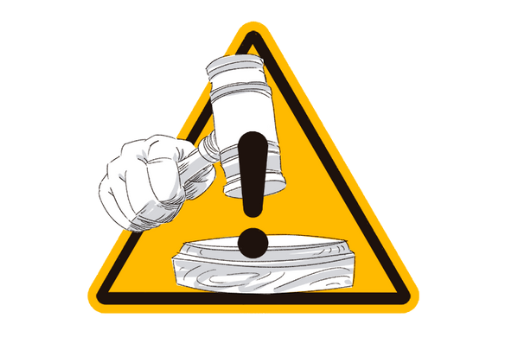
Across Latin America, governments have attempted different models to investigate and prosecute attacks against journalists. It is evident that there is no unified model for creating an office to investigate and prosecute crimes against journalists. Some countries have special prosecutors, while other countries have investigative units. Moreover, the results of their efforts are often difficult to track, according to experts.
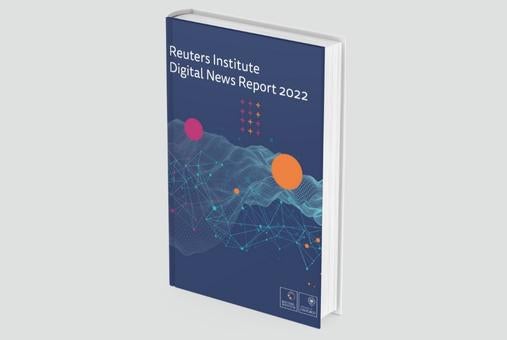
Brazil is where a growing aversion to the news is worst, as 54% of Brazilians avoid the news, well above the world average of 38%. In Argentina, 46% now say they avoid news content. The other countries in the region surveyed were Chile (38%), Colombia (38%), Mexico (37%), and Peru (37%).
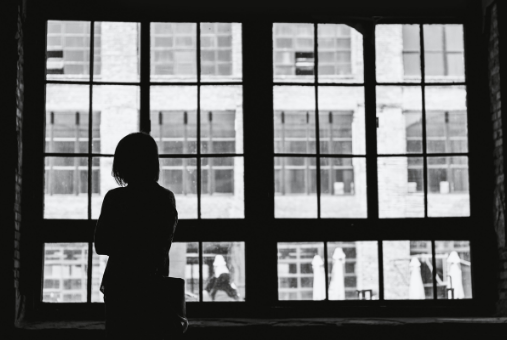
The COVID-19 pandemic highlighted a silent crisis among journalists: the deterioration of their mental health. In Latin America, ongoing initiatives seek to assess the mental health of journalists. They aim to help them cultivate emotional well-being in an adverse context that, in addition to the pandemic, includes widespread misinformation, as well as violence and hostility against journalists.

Inspired by a global trend, media labs are beginning to emerge within news organizations in Latin America to develop innovative journalism-oriented thinking, accelerate the application of technology, seek solutions to problems, and have an impact.

Media accelerator Velocidad shared lessons learned in 16 months of consulting, follow-up and financial support to ten news outlets in Latin America. During this time, these media organizations saw improvements in their organizational structure, audience loyalty, business model and product vision and culture.

The president of the Council of Ministers of Peru (PCM), Aníbal Torres allegedly tried to interfere with the allocation of state advertising for a government school campaign, requesting the exclusion of the media from Grupo El Comercio. Experts and organizations spoke out.
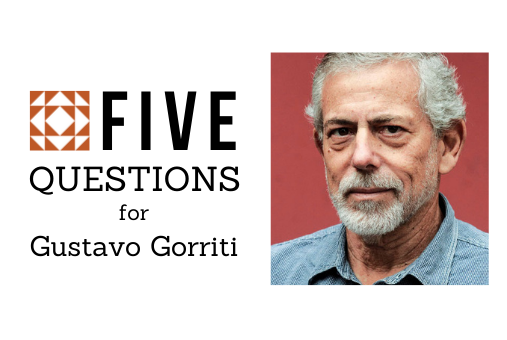
Peruvian journalist Gustavo Gorriti, in an interview with LatAm Journalism Review (LJR), analyzes the relationship between the current Peruvian president Pedro Castillo and the traditional press or "concentrated press" and the independent press, from his turbulent career as a presidential candidate to his shaky first months of government.
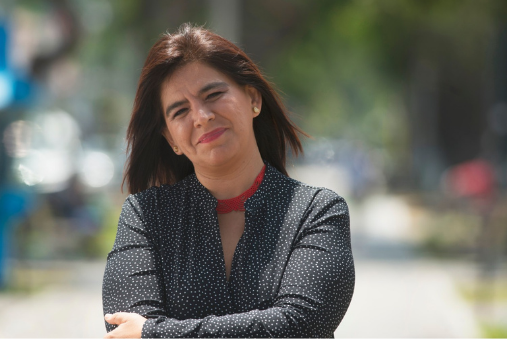
Peruvian investigative journalist Paola Ugaz was acquitted in a trial for aggravated defamation. Since 2018, Ugaz has been repeatedly sued for defamation based on her investigations into the alleged sexual and psychological abuse of minors and financial irregularities of the Catholic congregation Sodalicio de Vida Cristiana.
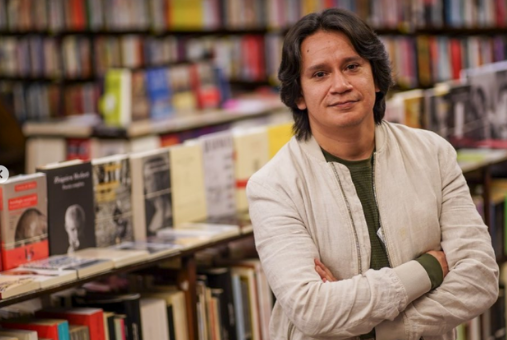
Peruvian journalist Christopher Acosta received a two-year suspended prison sentence in a trial for aggravated defamation and crimes against honor. The plaintiff is businessman and former presidential candidate César Acuña, on whom Acosta bases his journalistic investigation in the book "Plata como cancha."